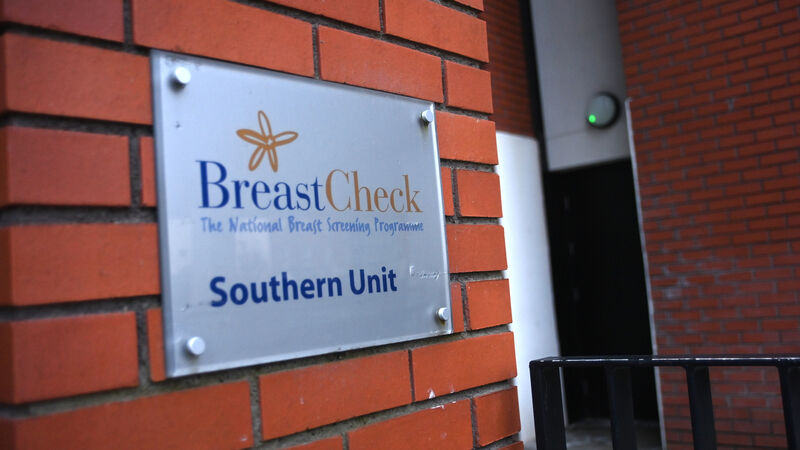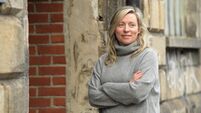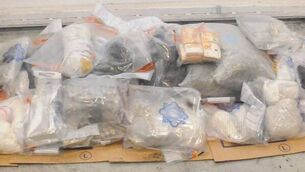BreastCheck missing targets is a worrying step backwards

I would urge any woman reading this not to make the mistake I did. Check your breasts regularly. Know your normal. Attend your BreastCheck appointment when invited. If something feels wrong, insist on answers. File photo: Larry Cummins
“You have cancer.” Three words that stop you in your tracks and make you face your own mortality.
I was 36 when I found a lump in my breast while taking a shower. I wasn’t checking myself; I never did. I thought I was invincible. Breast cancer never crossed my mind.
















